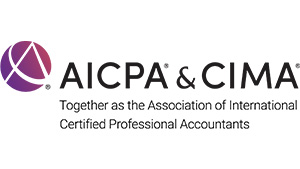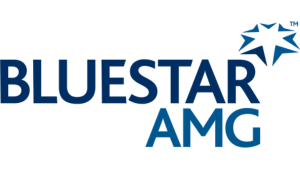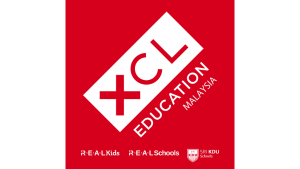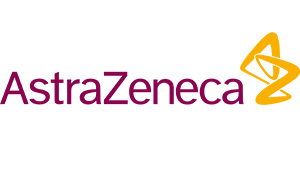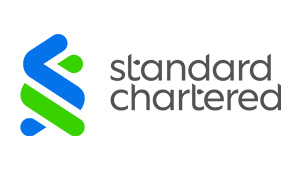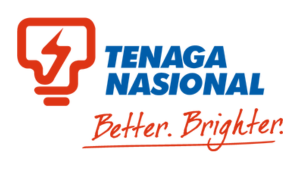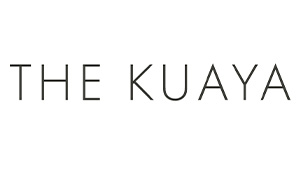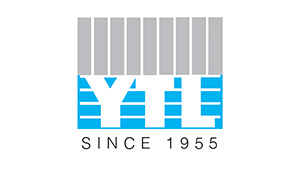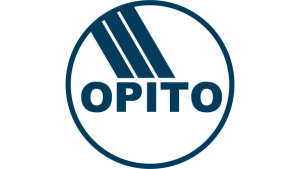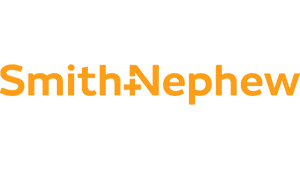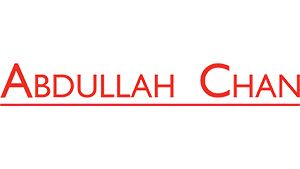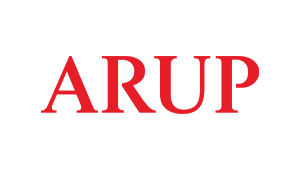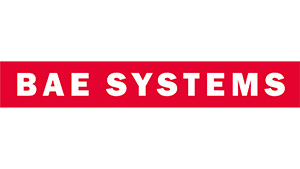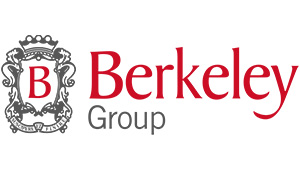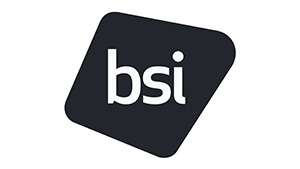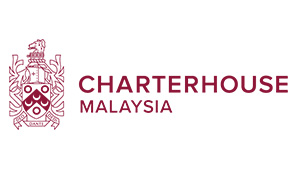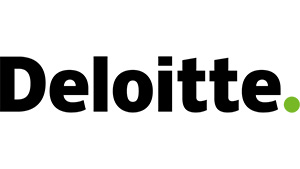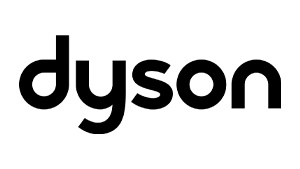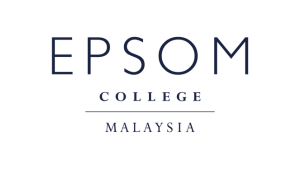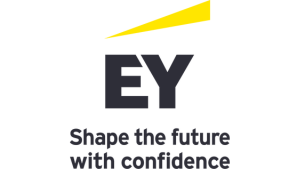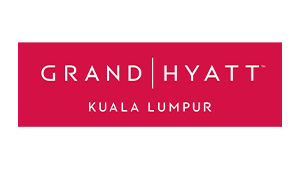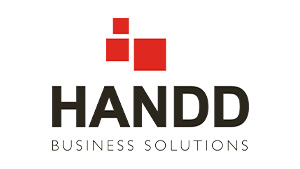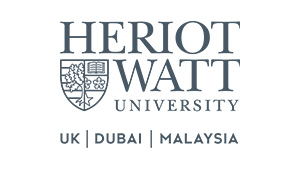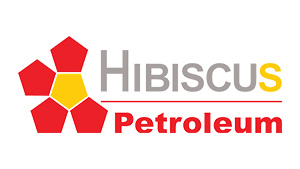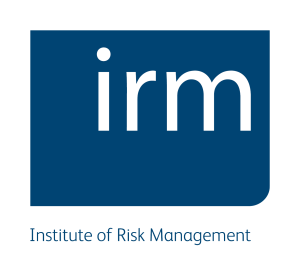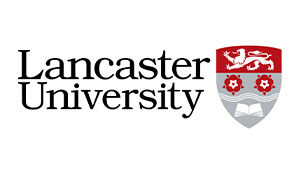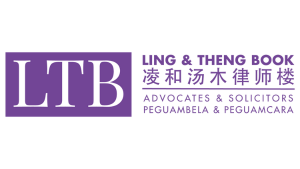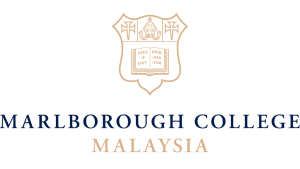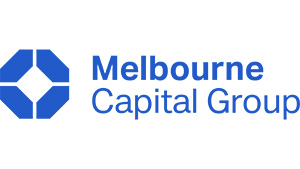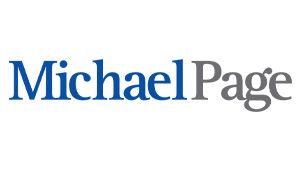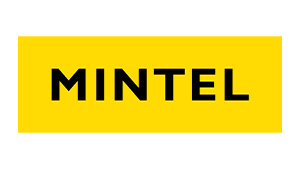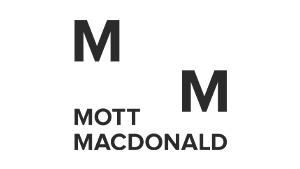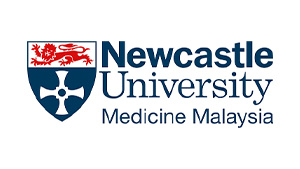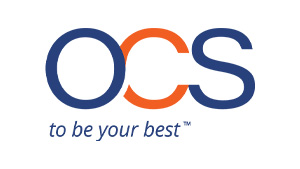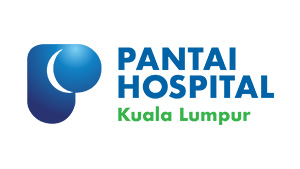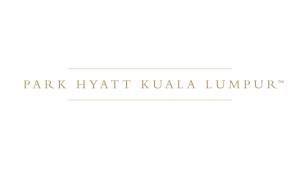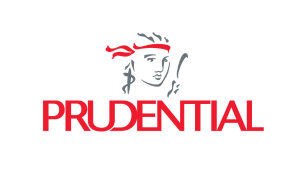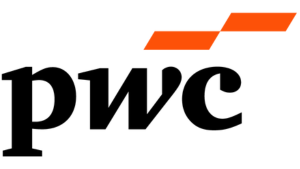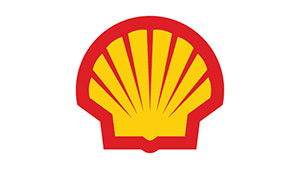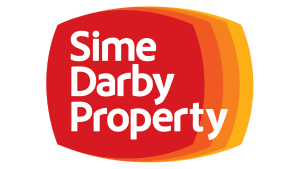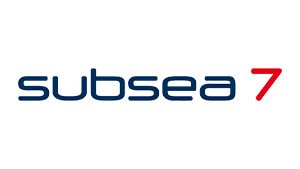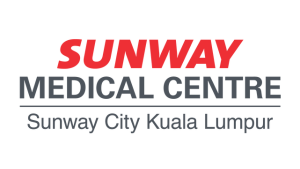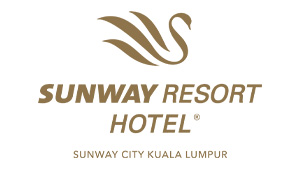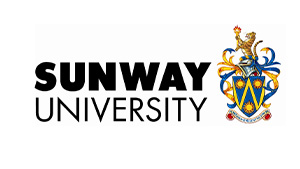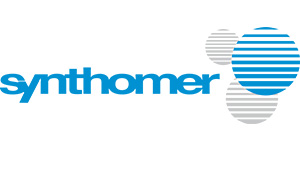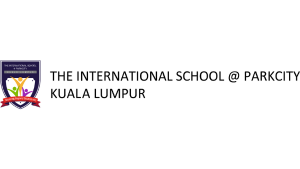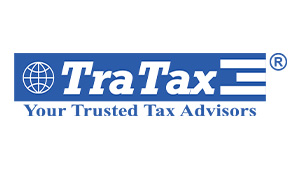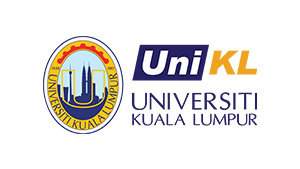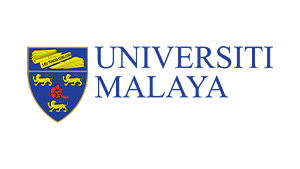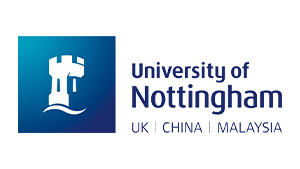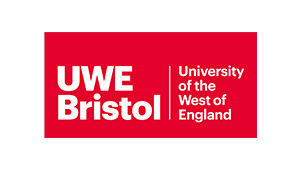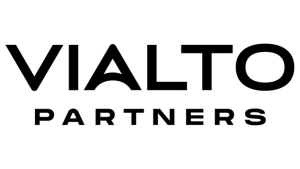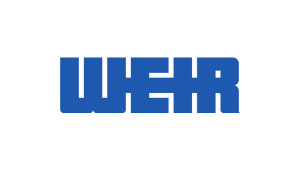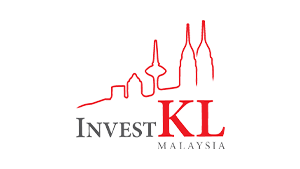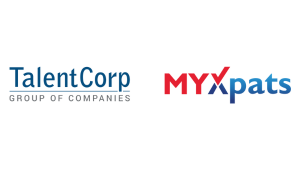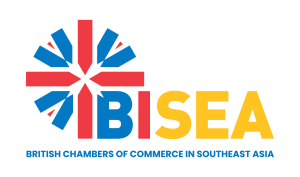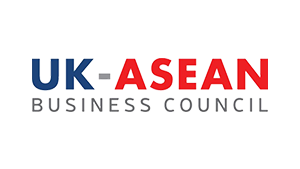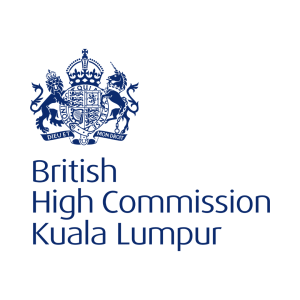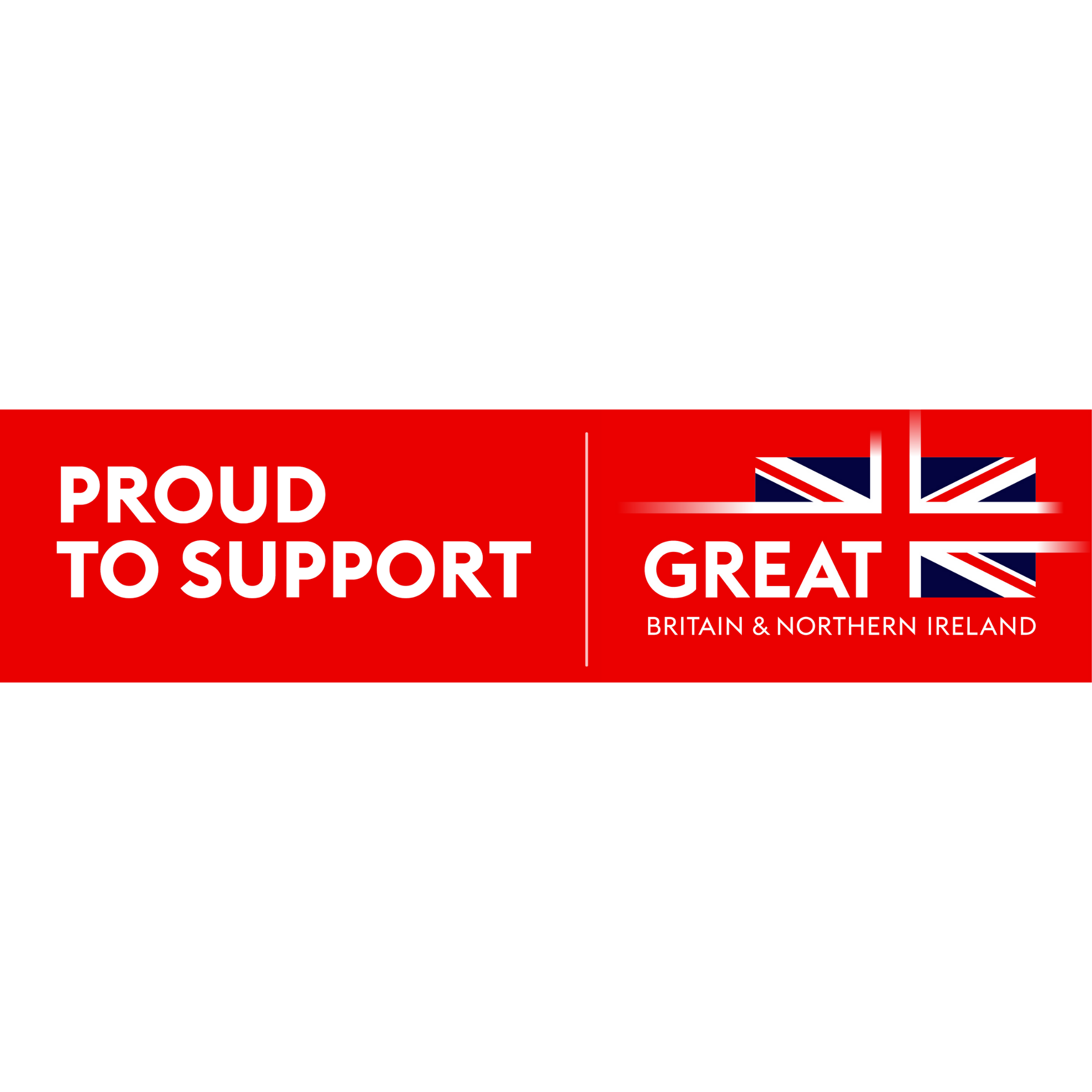Olivier Lenoir, General Manager, Grand Hyatt Kuala Lumpur
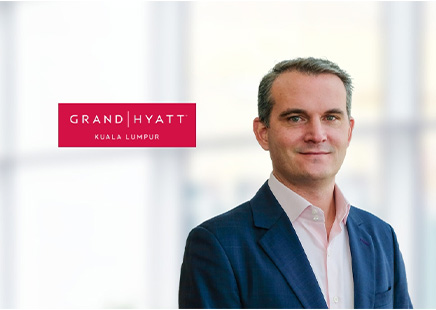
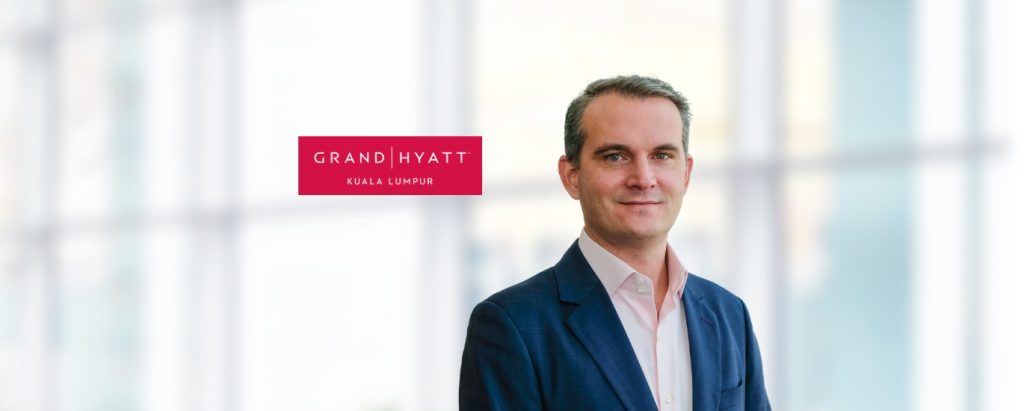
Grand Hyatt Kuala Lumpur is the first Grand Hyatt hotel in Malaysia. Overlooking the iconic Petronas Twin Towers and adjacent to the Kuala Lumpur Convention Centre, the hotel is one of the best hotels in the city for business and leisure travellers, embracing the essence of Malaysian hospitality and eco-conscious practices since opening its doors on 24th August 2012. Strategically located in the heart of the city within the Golden Triangle, the hotel is a grand destination conveniently situated within walking distance to the city’s shopping, dining, and entertainment options with 411 guestrooms.
What are some of your organisation’s proudest moments/milestones/projects in Malaysia?
During the challenging times of the pandemic, when all events came to a halt, the team delivered an innovative idea of “going around the world,” which sparked the inception of the Grand Getaway concept. This visionary idea involved transforming the Grand Ballroom into a dynamic dining experience that takes diners on an immersive journey around the world through the seamless blend of fine dining, special effects, and visual ambiance. This immersive dining experience is enhanced by our innovative use of 360° LED technology and avant-garde audio-visual effects, creating an unforgettable dining expedition that stimulates the senses and transports guests to new heights of luxury.
A bold decision to go beyond conventional ideas has transformed an entire floor into captivating Barbie fantasy rooms. Our approach to experimentation which is one of Hyatt values has led to the introduction of an innovative Barbie-themed high tea and café, rooms and suites, and they have proven to be a resounding success, especially during the challenging times of the pandemic. Within a span of fewer than three months, the venture yielded a remarkable return on investment. The success of the Barbie-themed venture in December 2021 was further amplified by the release of a highly-anticipated Barbie movie in July 2023 which generated an additional wave of interest and excitement, resulting in positive return on investment for the hotel. It was an extraordinary initiative that delighted both guests and enthusiasts, showcasing our innovative approach to hospitality and our commitment to providing unforgettable experiences.
We are proud to be the first hotel to incorporate in-house vertical farming, thanks to our partnership with the tech-driven urban farming company Cultiveat, since May 2023. This ground breaking initiative enhances our sustainability efforts and significantly reduces our carbon footprint. By locally sourcing produce through advanced vertical farming and climate-control technologies, we cut down on transportation emissions typically associated with importing ingredients. Our vertical farming system optimises space, lowers resource consumption, and enables year-round production of healthy, pesticide-free vegetables. This approach guarantees consistent yields and reduces waste, aligning with our commitment to environmental responsibility.
Based on your overall experience of doing business in Malaysia, name the advantages and challenges of doing business in Malaysia.
Advantages:
- Potential Tourism Growth – Malaysia is well-known for its diverse culture, beautiful landscapes, and heritage, which attracts a significant number of tourists each year. This creates a steady demand for hotel accommodations, especially in popular tourist destinations like Kuala Lumpur.
- Strategic Location – Malaysia’s strategic location in Southeast Asia makes it a convenient destination for travellers from neighbouring countries around the region and potential layover hub for countries outside of Asia travelling to the region. This geographical advantage enhances the accessibility and attractiveness of Malaysia as a tourist destination.
- Government Support – The Malaysia Tourism Promotion Board (Tourism Malaysia) actively promotes tourism through various initiatives, aiming to attract visitors from diverse countries within the region and beyond. Such support creates favourable conditions for hotel businesses, particularly when significant collaborations are established with hotels. For instance, a couple of our chefs were recently invited by the Tourism Malaysia to participate in a Malaysian Food and Culture showcase in Mumbai, India.
Challenges:
- Competition – The hotel industry in Malaysia is highly competitive, with a large number of international hotel chains, boutique hotels, and budget accommodations vying for market share.
- Rise of Operational Costs – We often rely on imported goods and services. With a weak currency, the cost of importing these items increases, leading to higher operating expenses for hotels.
What did you do or are still doing to overcome these challenges?
- Being Different: We continue to explore and set new standards to captivate our guests with unparalleled dining experiences. We are always open to potential collaboration with other partners that would allow mutual growth such as the success story for us with Mattel for our Barbie rooms and suites. When we launched the vertical farming space on Level 5, we partnered up with Azabu to offer a curated dining experience in this unique location.
- New Ways of Working: We regularly review the hotel’s operational processes to identify areas of opportunity such as exploring alternative sourcing options for imported goods and services to minimise the impact of currency fluctuations. The hotel has had to quickly adapt to the needs of operations, with the initiation of innovative ideas to drive business.
How has your business evolved during this pandemic, especially in terms of optimisation of human and technology resources?
During the pandemic, our business in the hospitality industry has had to adapt significantly, focusing on optimising both human and technology resources. While we remain heavily reliant on human resources, acknowledging their vital role as the heart of the hotel industry, we have also adopted innovative technology such as a personal digital concierge platform. This technology has been instrumental in enhancing our service standards and operational efficiency, and ultimately elevating the guest experience at Grand Hyatt Kuala Lumpur.
We also offered reimagined dining and staycation experiences such as The Grand Getaway, HYdeout, Le Petit Chef and Barbie Ultimate Staycation. Additionally, we have forged ongoing collaborations with external partners to elevate our meeting facilities with the latest technology options. The installation of a state-of-the-art 360 LED screen in the Grand Ballroom has truly transformed the ballroom, enabling us to host a diverse range of events and offer attendees an unparalleled visual experience.
How do you see your business growth and prospects in Malaysia now?
The business growth and prospects in Malaysia appear promising, especially with recent reports indicating that tourist arrivals are expected to surpass pre-COVID-19 levels. This trend suggests an optimistic outlook for businesses, within the Malaysian tourism sector.
For Grand Hyatt Kuala Lumpur specifically, our focus will be on the continued growth of MICE and transient business. The hotel is known in the market for its exceptional Meetings, Incentives, Conferences & Exhibitions (MICE) facilities. We have hosted foreign and local dignitaries, international and local celebrities and Fortune 500 companies.
For the Hyatt group, there are several new properties in the pipeline opening in Kuala Lumpur – Hyatt Centric City Centre Kuala Lumpur, Park Hyatt Kuala Lumpur and Hyatt Regency Kuala Lumpur between now and 2025 – which will expand our footprint in Malaysia and strengthen our brand positioning.
We remain committed to playing an active role in promoting sustainable business practices. Our hotel is certified by Green Building Index (GBI) which is an environmental rating system for buildings and Malaysia’s first comprehensive green building rating tool developed by Malaysian Institute of Architects and Association of Consulting Engineers Malaysia. Key areas are in Food & Beverage, Energy & Water, Hotel Amenities & Surroundings.
We also source local and sustainable ingredients with reputable partners and growing our own vegetables in the hotel, and food waste management system including reducing single-use plastic to reduce food waste and carbon footprint.
In addition, we use a software tool that analyses the hotel’s daily occupancy against energy, water, gas and food consumption to track wastage, and we use energy-saving lightbulbs and motion detectors in power usage, chiller optimiser and double-glazed windows to maintain temperature, dishwashing efficiency, rainwater harvesting and condensate water recycling and use of water restrictors, water filtration and bottling solution.
What are the top 3 reasons for your organisation joining the BMCC?
Firstly, it opens doors to an extensive network of British and Malaysian professionals, fostering valuable connections and potential collaborations. Secondly, members gain access to industry information and resources, including seminars and market insight. Lastly, being a member provides opportunities for visibility and exposure through chamber events, and promotional activities, enhancing the company’s brand presence in both British and Malaysian markets.
What is the top value you see for yourself or your organisation in being a member of the BMCC?
The top value we see for ourselves as a member of the BMCC lies in the networking opportunities it offers. Through BMCC, we gain access to a diverse network of professionals, creating avenues for collaboration, partnerships, and business growth.
In one sentence, how would you describe your own experience or your organisation’s experience as a member of the BMCC.
As member of BMCC, we are given the opportunity to connect and exchange invaluable industry insights with other key industry players.

